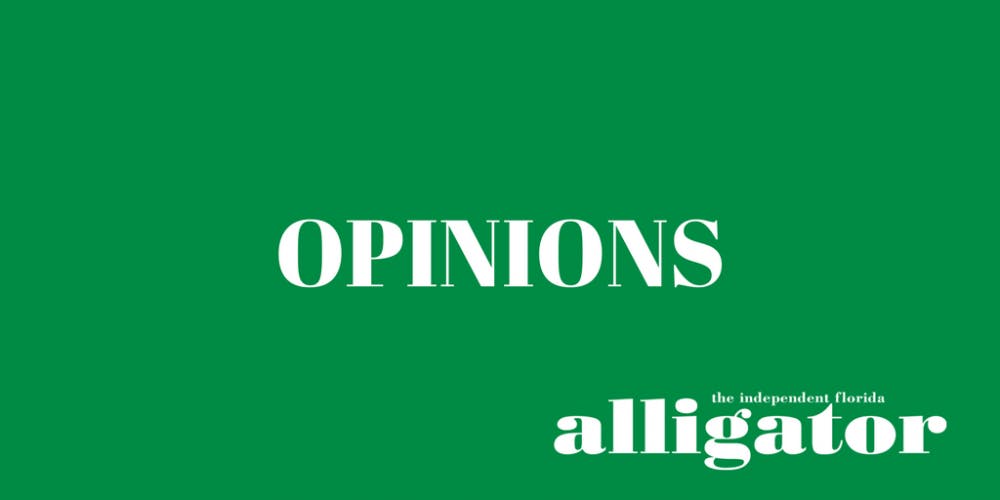One week after his in-depth interview touched on the issues of monetary and corporate influence on the music industry, Julian Casablancas’ new album leaked online. Casablancas’ band, The Voidz, is set to release their second album March 30. The album met the fate nearly all anticipated releases face these days: leaks.
The first leaking victim was Bob Dylan in 1969, but the practice didn’t become widespread until the advent of the internet in the mid-’90s. According to sites like Pitchfork, album leaks are just “an established part of the game.”
To me, the most fascinating part of a leak is reading the rationale fans conjure up to justify their listening.
“I can listen to a leak because I already pre-ordered the album and am seeing the band live this summer!” This rationale is among the most commonly used, but does it check out?
I read this as, “I spent more money on this artist than the average listener, thus I deserve to listen to the leak, and it is not wrong for me to do it because I am immune to any moral opposition.”
But how much money or investment is necessary to be able to listen to a leak with a clear conscience?
This thinking quickly becomes subject to arbitrary rules and a never-ending spiral of ever-changing rationales for each listener. It’s introducing subjective moral guidelines into something, in itself, technically immoral. It’s saying, “because of my history and actions, I play by a different set of rules of morality than you,” which can become a very dangerous idea when translated into other, more serious, contexts.
And who prevents such a translation? Morality and ethics are not subjective; there are objective truths of right and wrong, regardless of whether you like it. As for the leaking of the music itself, I'm not sure what the ethics of it are. Does it depend if you are the initial stealer/leaker? What about just the average listener? My concern is not with the individual’s ethical positioning in leaks but more so with the listener’s reasoning of it all.
Here’s my verdict: Don’t even try to rationalize your listening to a leak. Don’t try to put yourself above others just because of your own arbitrary reasons. You are consuming the leak and standing on the same moral ground as everyone else who does so.
Look at objective actions. You and everyone else are listening to it. Who cares what each of your rationales were? Who cares about what your intent was? Focus on actions. Upon listening, did you copy the leak onto a CD and sell it? That’s a completely different path to take. Does listening to it then spur you to purchase the album and support the band? Now that’s the opposite result, economically.
The point is an individual could do anything with a leak, and these possibilities vary in their own ethics, but listening to the leak is what it is.
Andrew Hall is a UF management senior. His column focuses on entertainment.






